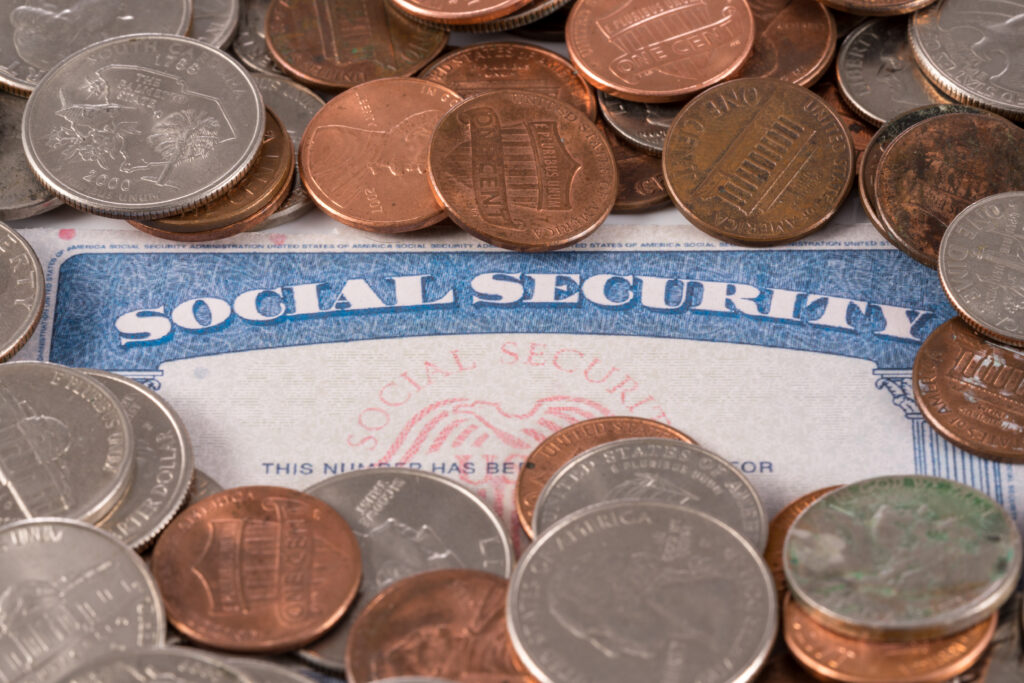Serving in the military is physically intensive, and many service members in New Jersey have developed serious injuries as a result of their service. These men and women often qualify for disability benefits through Veterans Affairs. However, there is some confusion as to whether someone can receive both VA benefits as well as Social Security Disability Insurance — SSDI.
Qualifying for VA benefits
The VA rates service members’ disabilities using a percentage scale. This scale represents how a person’s condition affects his or her ability to function and overall health. If someone has multiple service-related injuries, then the VA will use a formula to combine the percentages for each condition into a single overall disability percentage rating. For this reason, it is possible for someone to get a 100% disability rating even if he or she does not have any conditions that are totally disabling by themselves.
Qualifying for SSDI
Unlike the VA, which assigns a disability rating, the Social Security Administration decides that a person is either disabled or not. The primary factor that the SSA looks at is whether a condition prevents someone from performing paid work for a period of at least a year. If the SSA determines that someone that qualifies for VA disability benefits is disabled according to its standard as well, he or she:
- Can receive both VA and SSDI benefits
- Will not have to offset either benefit
- Can get medical coverage from both the VA and SSDI
There is plenty of confusion when it comes to seeking things like SSDI benefits. Service members in particular might be worried about losing their Tricare coverage if they get Medicare. Veterans in New Jersey can generally retain their Tricare coverage even when using Medicare, but those who are concerned about how SSDI may affect their current VA benefits are well advised to seek knowledgeable guidance for their concerns.


